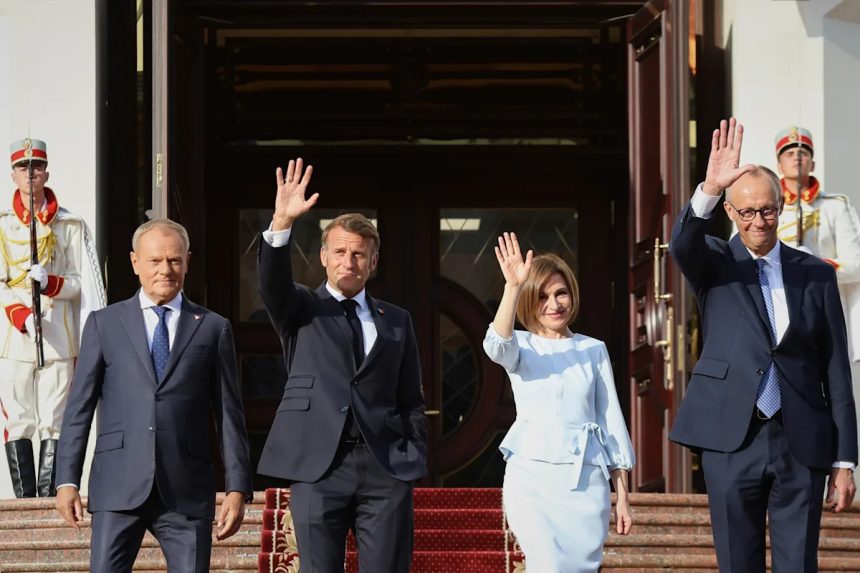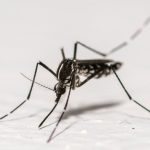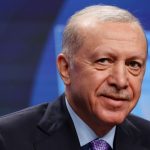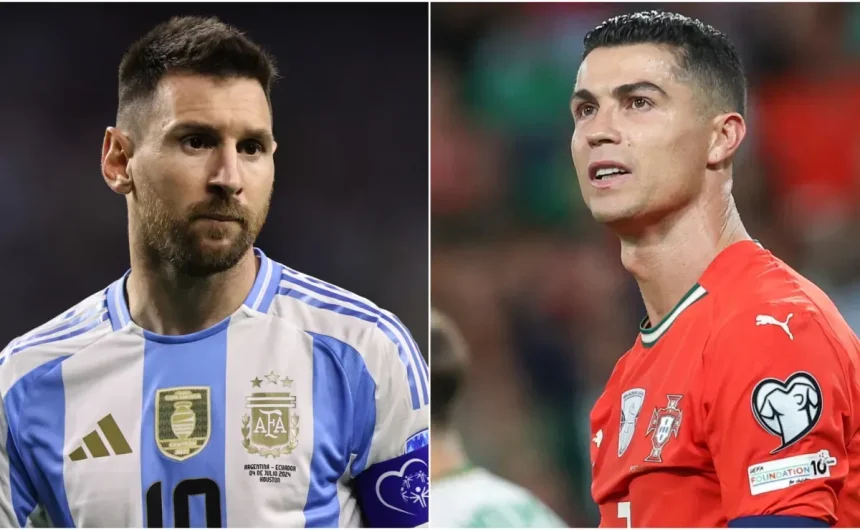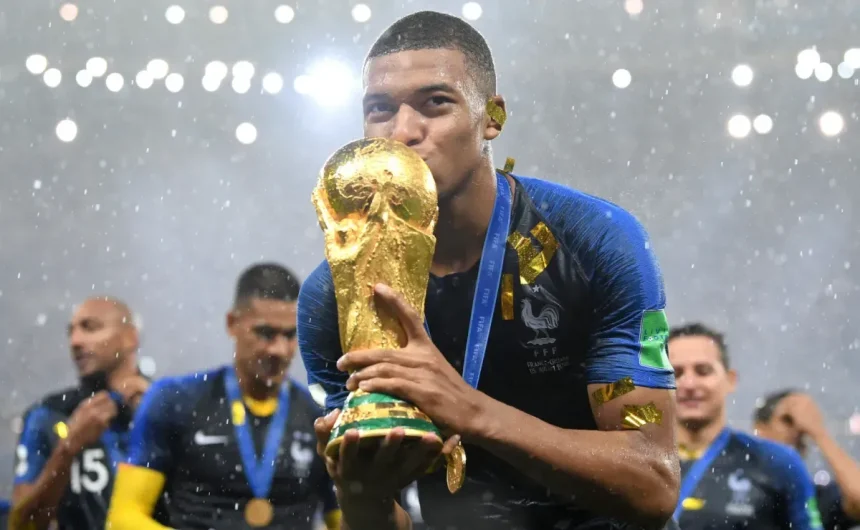CHISINAU, Moldova (AP) — The leaders of France, Germany, and Poland traveled Wednesday to Moldova to mark the country’s 34 years of independence from the Soviet Union, a month before it holds parliamentary elections that its president warns could draw Russian interference.
France’s President Emmanuel Macron, Germany’s Chancellor Friedrich Merz, and Poland’s Prime Minister Donald Tusk arrived in the capital of the European Union-candidate country for talks with pro-Western Moldovan President Maia Sandu. The leaders will also attend a public celebration to mark Independence Day, which Moldova proclaimed on August 27, 1991.
Macron said in Chisinau that the visit aims to show that “Moldova matters and that its future lies with Europe and the European Union.”
The European leaders’ visit comes a month after Sandu warned that Russia is preparing an “unprecedented interference” campaign to undermine a parliamentary vote scheduled for Sep. 28, saying “it poses a direct threat to our national security, sovereignty, and our country’s European future.”
Russia has denied meddling in Moldova.
“Your presence here — France, Germany, Poland — shows not only your support for Moldova, but that the European project is alive, and that we are part of it,” Sandu said on Wednesday. “And let me say this clearly: There is no alternative to Europe. Without the European Union, Moldova will remain trapped in the past.”
“Today, our independence, our sovereignty, our peace are tested more than ever,” she added, reiterating the many ways Russia is allegedly trying to undermine her country. “These are immense pressures. But it is up to us whether they divide us or stop us on our path.”
Brussels agreed to open accession negotiations with Moldova for EU membership last year after granting official candidate status in 2022, the same day as neighboring Ukraine. Last year, Moldovans voted narrowly in favor of securing the country’s EU path. The same day, a presidential election was held, which secured Sandu a second term. But those two votes were overshadowed by widespread claims of Russian meddling, which Moscow denied.
Moldova’s staunchly pro-European path in recent years has drawn the ire of Moscow. Moldovan authorities have long accused Moscow of conducting a sprawling “hybrid war” against it — spreading disinformation, vote-buying, paid protests — to destabalize the country and to try and derail its EU path.
Macron said France will continue to provide strong support to Moldova during the next stages of Moldova’s journey towards EU membership, a process that will likely take years.
“While a few hundred kilometers from your capital, Russia’s war of aggression against Ukraine continues to rage, it is also essential to remember that European integration is a clear choice from Moldova in favor of peace and justice,” Macron said. “Kremlin propaganda claims that Europeans are prolonging the war and that the European Union oppresses peoples. These are lies … the European Union is not the Soviet Union.”
Germany’s Merz also emphasized Europe’s solidarity with Moldova and warned that “every day, Russia works tirelessly to disrupt and undermine freedom, prosperity, and peace” in the former Soviet republic.
“In the run-up to the upcoming parliamentary elections in this country, not a day goes by without massive hybrid attacks from Russia,” Merz said. “Moldova’s democracy is in the crosshairs, both online and offline. A free, open, liberal society is in the crosshairs.”
“That is why Germany is helping. And that is why Europe is helping. We are supporting Moldova in the fight against disinformation and in the fight against cyber campaigns,” the chancellor added. “We are helping by strengthening their security forces.”
Moldova’s governing pro-Western Party of Action and Solidarity, or PAS, has been in power since 2021, and risks losing its majority in the upcoming fall election, with no clear pro-European alternatives on the ballot.
Cristian Cantir, a Moldovan associate professor of international relations at Oakland University, told The Associated Press that “most Moldovans understand that the visit is essentially a show of support for Moldova’s pro-European path.”
“There really is no other kind of viable pro-European or pro-Western party,” he said, adding that if PAS fails to win a majority, “things get very complicated because every other party is not as pro-European, and is much more committed to reconciliation or some sort of rapprochement with Russia.”
—
Stephen McGrath reported from Leamington Spa, U.K; Kirsten Grieshaber contributed from Berlin, and Sylvie Corbet from Paris.

